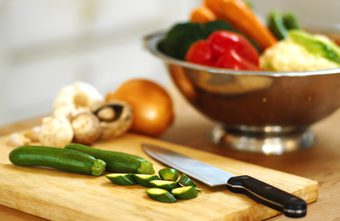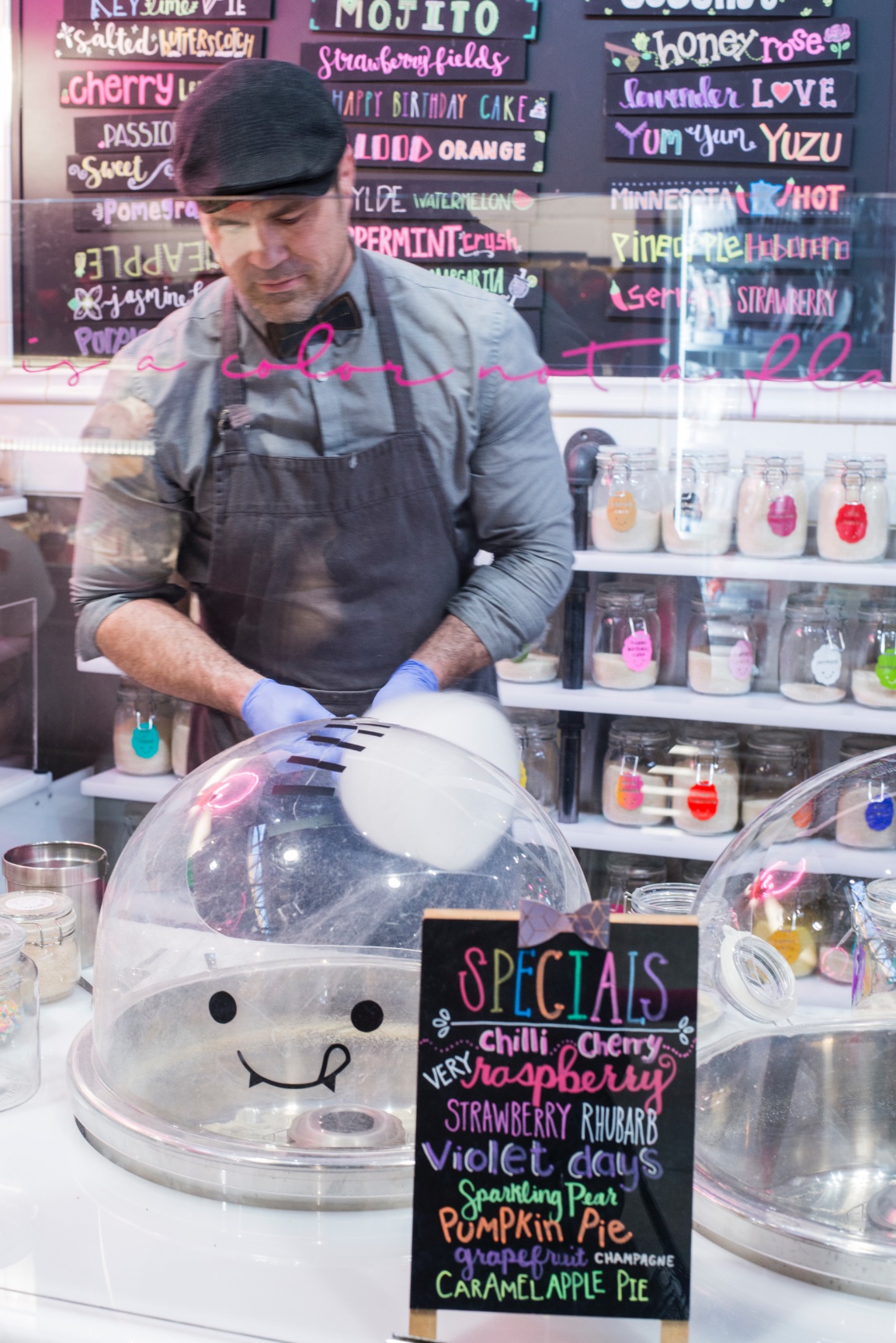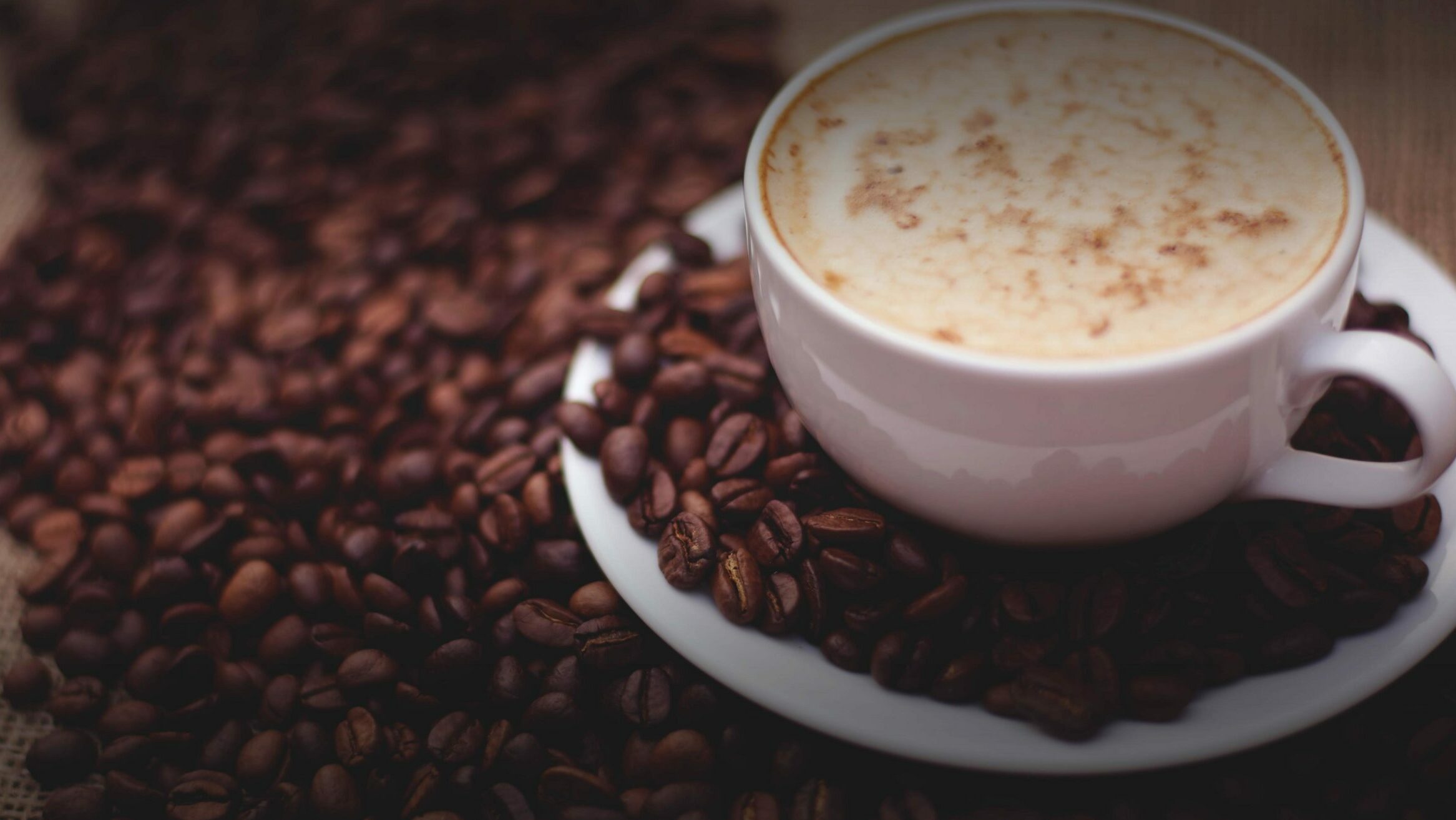In the Making
Food Matters
by Kristin Hammaker

More and more, I see the act of cooking as worthy in itself. That it should be valued for the experience it gifts us, and perhaps less so for the final product — the dish it produces. Like gardening, or other practices that entail patience, humility and labor, most of the credit is found in the act itself, before the bloom of the flower, or before the bud.
Before we plate or even eat our salad, we must gather our ingredients, wash them, slice what should be sliced, whisk away a while. Taste for salt, or lemon, add more heat, notice what’s fragrant or burning, scrub the garlic from our fingertips, and listen to our children scamper through the kitchen, pouring into the backyard. This is life. And all of it happened in that seemingly benign moment — in the making of dinner.
A kind of play, a kind of agency transpires in the kitchen. We don’t notice, only because the culture reinforces the notion that cooking is quaint, or entertainment, or intimidating and too-involved, or as something to bustle through in order to move on to the next thing. What is that next thing? Anyhow, it is understood as a means to an end, and anyway, there is always take-out or a deli salad. With all of that, we are understandably disconnected from the venue of the kitchen, and the important acts that take place there.
It is here we get a bit dirty. We knead, and learn the practice by kneading again. A kind of voting booth, we choose our ingredients and concoct our own versions of the dishes we want to eat. And so we are generous with our imaginations, adding pistachios to this or ketchup to that. Our instincts get some exercise; even with our backs turned, our noses tell us to turn the heat down on those onions. It is a place of creation, and a place where we get to nourish our bodies and the bodies of those we feed.
I wonder something unusual: before we expect people to produce beautiful, homemade meals with integrity — such is the subliminal pressure — or even integrate home cooking back into everyday life, we need to simply be in the kitchen. Dramatically, we need to step over the threshold, with fresh perspective, with our senses at the ready. To partake and explore there, regardless of the dish being made or how it turns out. But the act of cooking is in and of itself a beautiful, enriching opportunity to connect in an age when we need as many of those moments as we can get.
Kristin is a chef, meal planner, and Goosefoot Kitchen founder. She teaches, writes, and advocates for the good life in and around the kitchen and at the table.



